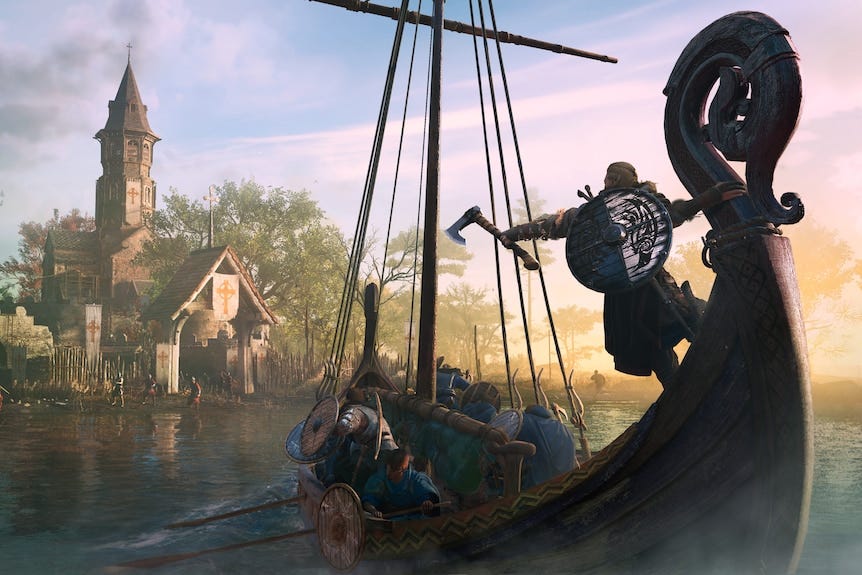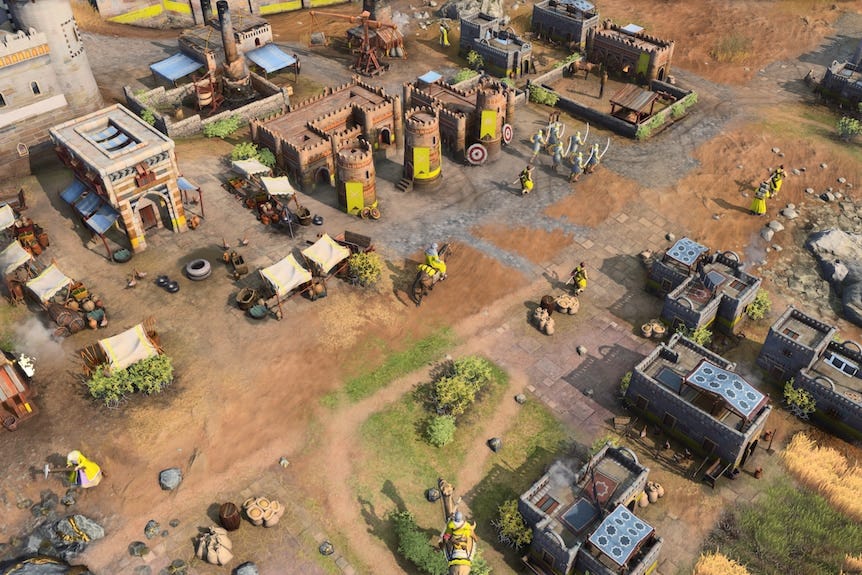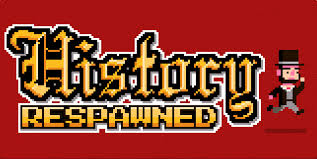In Queensland Australia one can find the wonderfully named, University of Sunshine Coast. Recently coming out of this university is a study that reveals an equally wonderful paradox: that intellectual passion can emerge not just from instruction and classrooms but from playful engagement.
The study finds that when video game players find themselves in the midst of historically-themed games, they often embark upon journeys of scholarly investigation.
It’s a testament to the pervasive nature curiosity and learning.
It’s today’s Good Thing.
Modern video games are amazing in what they can render and portray. Characters look, act and speak with mind-boggling accuracy and detail. Beyond this, is how video games easily surpass traditional media in presenting history not as consumable facts, but as "embodied learning"—knowledge acquired through user-driven action, decision-making, and consequence.
It’s a profound difference: between reading about medieval siege warfare and actually positioning trebuchets, managing supply lines, and playing a game in which one conducts and coordinates such actions. And through the latter, emerges an understanding and thirst for more.

This experiential aspect creates a personal investment that transforms passive reception into active inquiry. When players struggle to understand historical references, figures and strategies, when they wonder about what daily lives of past civilizations may have entailed, or when they question the accuracy of a game’s setting, they cross the threshold from entertainment into piqued interest.

The combined sales of historically-themed franchises like Assassin's Creed and Civilization have exceeded 175 million copies—a reach that surpasses virtually any historical textbook or documentary. This has (inadvertently?) created communities spanning geographical and social cohorts, and has also led to the emergence of transmedia phenomena like the History Respawned podcast. This podcast, where historians analyze game accuracy for enthusiastic audiences, demonstrates how gaming curiosity naturally evolves into rigorous academic discourse, dissolving boundaries between academic expertise and popular interest.
It’s not just learning too, as evidenced by the content of this podcast players aren’t just reading historical facts. They are researching deeper and more broadly. And when players fact-check scenarios against sources, they learn evidence evaluation and bias recognition. This can lead beyond headphones and a podcast, extending to museums and lively discussions.
Gaming-inspired learning illuminates something fundamental about curiosity and learning. It demonstrates that by stoking the former, the latter thrives and the engine of this is the person (the gamer) whose personal investment is paramount.
Contemporary education faces mounting challenges: declining public school engagement, technology-induced social anxiety, and the marginalization of humanities in favor of STEM priorities. Yet the phenomenon of gaming-inspired historical learning suggests an intriguing possibility—that the very technology often blamed for educational disengagement might actually represent a pathway to intellectual rekindling. When students who struggle in traditional history classrooms discover passionate interest in Byzantine architecture through Assassin's Creed, or develop sophisticated understanding of medieval economics through strategy games, we glimpse education's potential for transformation through engagement rather than obligation.
The most profound educational experiences emerge not from deliberate instruction but from the magnificence of curiosity. Gaming has proven to stoke that curiosity and created a vehicle to help it flourish.
It’s both a reminder of our capacity for wondering, and of the unpredictability of genuine learning.
Wonder and learning. Two good things.





